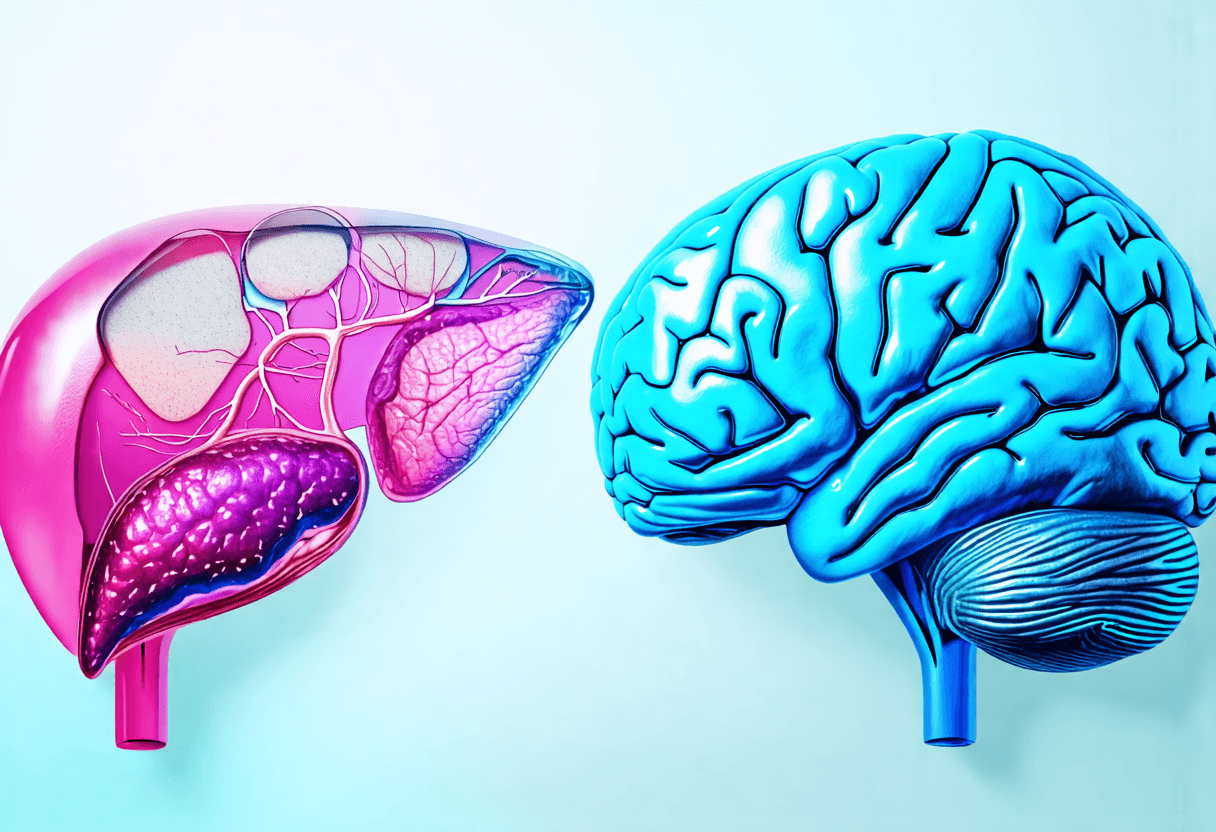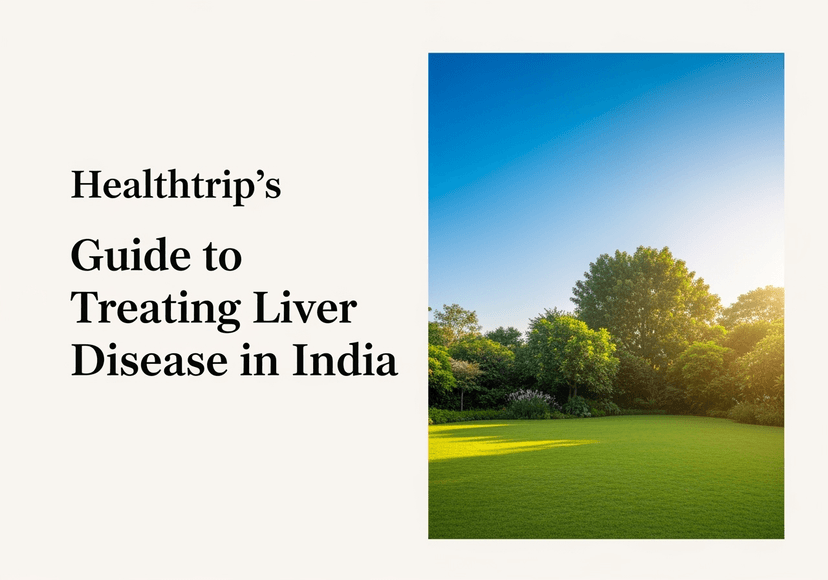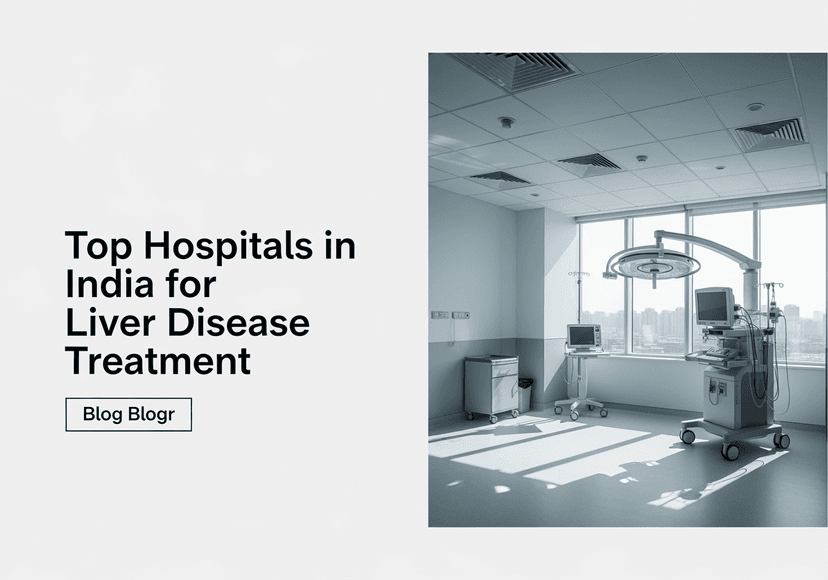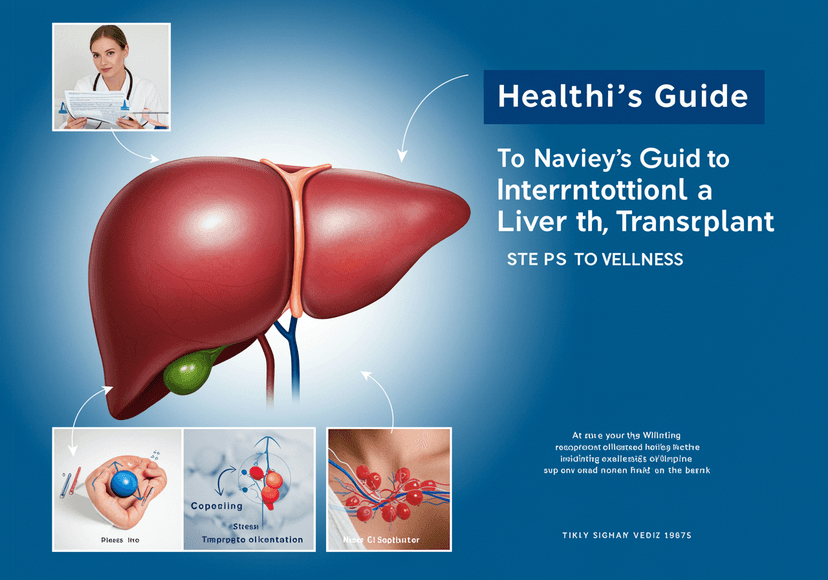
Liver Cirrhosis Treatment Options: A Detailed Overview
27 Oct, 2024
 Healthtrip
HealthtripWhen it comes to liver cirrhosis, timely and effective treatment is crucial to slow down the progression of the disease, alleviate symptoms, and improve the quality of life. Liver cirrhosis, a condition characterized by scarring of the liver, can be a daunting diagnosis, but with the right treatment approach, it's possible to manage the condition and even reverse some of the damage. In this comprehensive guide, we'll delve into the various liver cirrhosis treatment options available, including both conventional and alternative approaches, to help you make informed decisions about your health.
Understanding Liver Cirrhosis
Liver cirrhosis occurs when the liver is repeatedly damaged, leading to scarring and the formation of scar tissue. This scarring makes it difficult for the liver to function properly, which can lead to a range of symptoms, including fatigue, jaundice, and abdominal pain. The most common causes of liver cirrhosis include hepatitis B and C, fatty liver disease, and excessive alcohol consumption. Early diagnosis and treatment are critical in slowing down the progression of the disease and preventing further damage.
Most popular procedures in India
Causes and Risk Factors
While liver cirrhosis can affect anyone, certain individuals are more at risk. These include people with a family history of liver disease, those who consume excessive amounts of alcohol, and individuals with underlying medical conditions, such as diabetes or obesity. Additionally, people who have been infected with hepatitis B or C are at a higher risk of developing liver cirrhosis. Understanding the causes and risk factors is essential in preventing liver damage and identifying the condition early on.
Conventional Treatment Options
Conventional treatment options for liver cirrhosis typically focus on managing symptoms, slowing down the progression of the disease, and preventing further liver damage. Some of the most common conventional treatment options include:
Wellness Treatments
Give yourself the time to relax
Lowest Prices Guaranteed!

Lowest Prices Guaranteed!
Lifestyle Changes
Making lifestyle changes is an essential part of managing liver cirrhosis. This includes adopting a healthy diet, exercising regularly, and avoiding alcohol consumption. A healthy diet should be rich in fruits, vegetables, and whole grains, and low in salt, sugar, and unhealthy fats. Regular exercise can help improve overall health and reduce the risk of complications.
Medications
Medications may be prescribed to manage symptoms, such as pain and fatigue, and to prevent further liver damage. For example, beta blockers may be prescribed to reduce blood pressure, while diuretics may be used to manage fluid retention. In some cases, medications may be prescribed to treat underlying conditions, such as diabetes or high blood pressure.
Liver Transplant
In advanced cases of liver cirrhosis, a liver transplant may be necessary. A liver transplant involves replacing the damaged liver with a healthy one, either from a deceased donor or a living donor. While a liver transplant is a major surgical procedure, it can significantly improve the quality of life and increase life expectancy.
Alternative Treatment Options
In addition to conventional treatment options, there are several alternative approaches that may help manage liver cirrhosis. These include:
Acupuncture
Acupuncture, a traditional Chinese medicine technique, involves inserting thin needles into specific points on the body to stimulate healing. Some studies suggest that acupuncture may help improve liver function and reduce symptoms in people with liver cirrhosis.
Herbal Remedies
Certain herbal remedies, such as milk thistle and turmeric, have anti-inflammatory and antioxidant properties, which may help reduce liver inflammation and improve liver function. However, it's essential to consult with a healthcare professional before using herbal remedies, as they may interact with medications or worsen underlying conditions.
Healthtrip: A Game-Changer in Liver Cirrhosis Treatment
For individuals with liver cirrhosis, traveling abroad for treatment can be a daunting task. However, with Healthtrip, a comprehensive platform that connects patients with top-rated hospitals and medical professionals worldwide, accessing quality care has never been easier. Healthtrip offers a range of services, including medical tourism, health insurance, and medical concierge services, making it an ideal solution for individuals seeking liver cirrhosis treatment abroad.
By understanding the various treatment options available, individuals with liver cirrhosis can take control of their health and make informed decisions about their care. Whether you're considering conventional treatment options or alternative approaches, it's essential to consult with a healthcare professional to determine the best course of treatment for your individual needs. With the right treatment approach and support, it's possible to manage liver cirrhosis and improve your quality of life.
Most popular wellness packages
Related Blogs

Success Stories of Liver Disease Treatment in India through Healthtrip
Explore how to treat liver disease in India with top

Affordable Treatment Options for Liver Disease in India with Healthtrip
Explore how to treat liver disease in India with top

Healthtrip’s Guide to Treating Liver Disease in India
Explore how to treat liver disease in India with top

Best Doctors in India for Liver Disease Management
Explore how to treat liver disease in India with top

Top Hospitals in India for Liver Disease Treatment
Explore how to treat liver disease in India with top

Healthtrip's Guide to Navigating an International Liver Transplant: Steps to Wellness
Discover Healthtrip's step-by-step guide for an international liver transplant, covering










